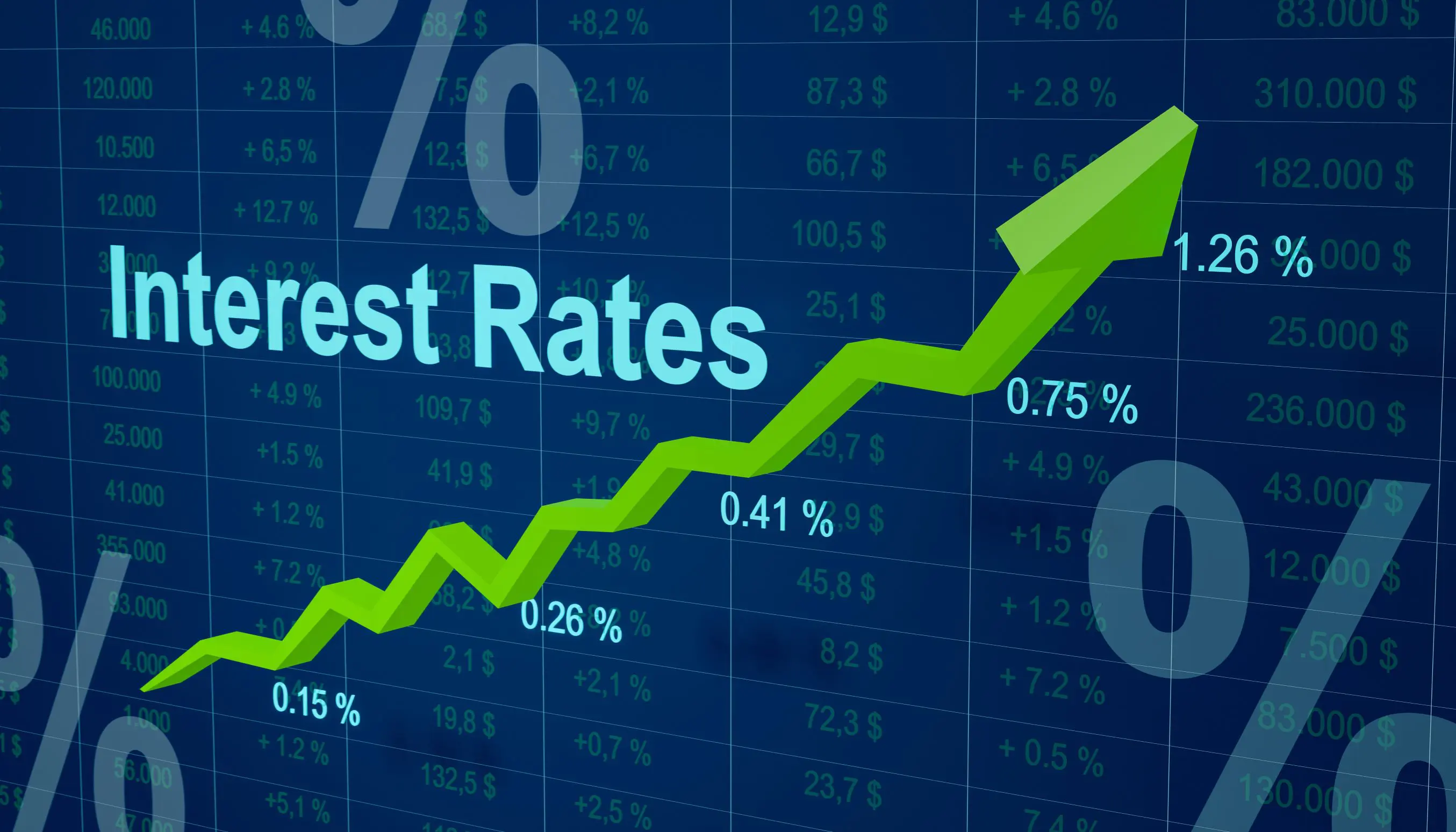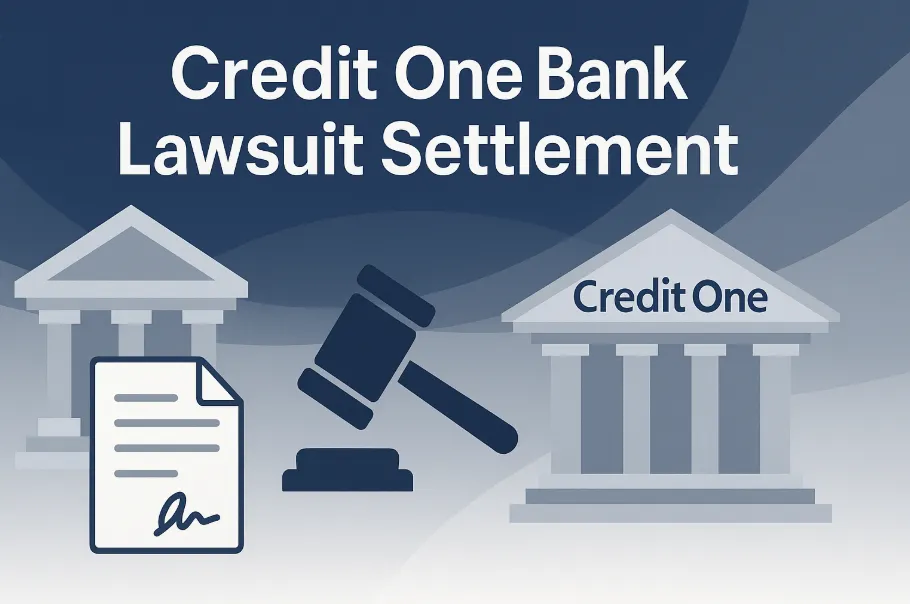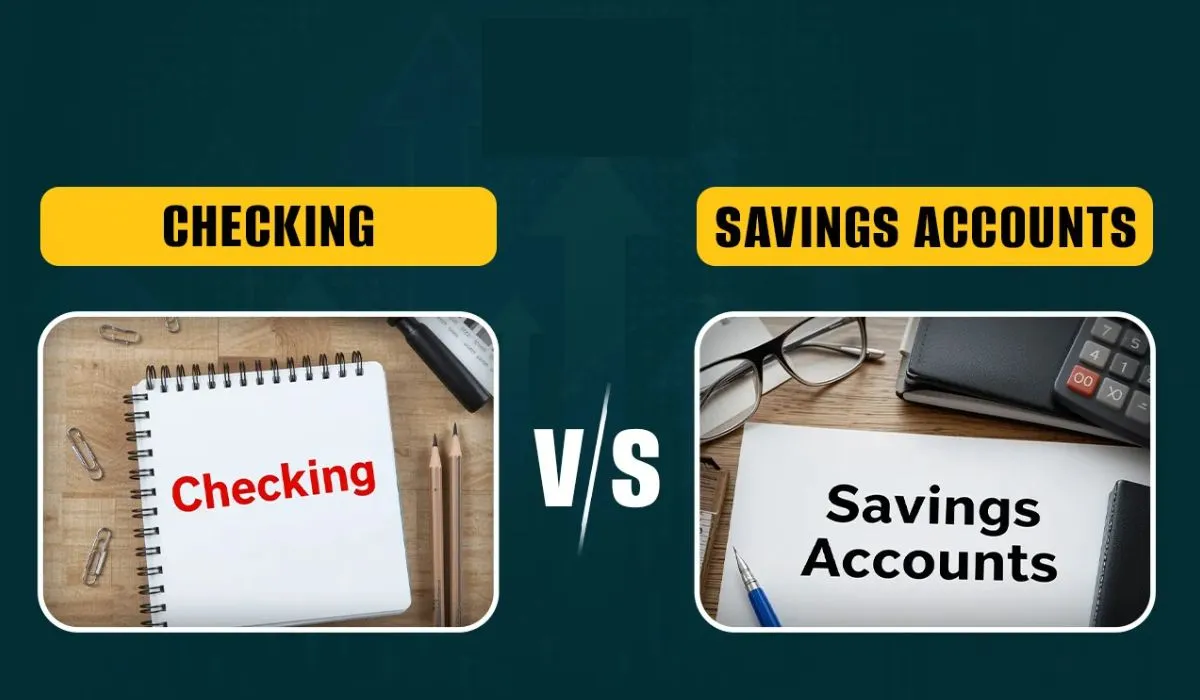When selecting a bank for savings and checking accounts, the type of bank, the interest rates it gives, the fees it levies, and the additional amenities it provides are the three most crucial considerations.
Banks differ greatly in what they charge for services, what kind of fees they impose, and how much interest they will give you on your investment. This implies that it is rarely a one-time effort to choose the finest bank or online bank for you.
As your investing and financial objectives change over your life, you could also need to select a new bank multiple times. The good news is that you can maintain an unlimited number of bank accounts and switch between them at any frequency.
Bank Types
The sort of bank that is best for you is the first and most important consideration when selecting a financial organization. It is reasonable to classify at least three different kinds of financial entities as banks, each of which has its own set of benefits and drawbacks.
Traditional Banks
Traditional banks are what most people think of when they think of a bank. These banks supply ATMs to both their own and other banks' customers, and they primarily provide services to their clientele through a network of physical locations. Additionally, a lot of them have begun to provide online banking options for deposits and bill payments.
Even though these banks have been in existence for the longest, traditional banks are no longer the better option than credit unions or their internet rivals. Both of these organizations provide cheaper fees than do conventional banks, as we shall see.
Having said that, you could choose doing your banking in person. You are welcome to visit your local branch and speak with someone about any questions or issues you may have. For you, a traditional bank might be the best option because of this. Nevertheless, it's still worthwhile to look at your other possibilities.
Banks Online

Twenty years ago, online banks were somewhat uncommon; but, as their popularity has increased, they are now direct rivals of traditional banks.
Online banks sometimes have considerably cheaper fees than traditional banks because they have fewer or no physical branches, which results in much lower overhead costs.
Nevertheless, a lot of consumers find the customer support provided by banks that operate only online to be annoying. This is recognized by the industry.
Although the finest online banks still don't allow you to walk into a branch and speak with a bank staff face-to-face, they do provide a wide range of customer care services.
The distinction between traditional banks and online banks has gotten more hazy in recent years due to the advancement of the digital tools and services provided by the latter. This suggests that it would be possible to have access to the convenience of internet banking while still enjoying the benefits of a traditional branch.
Unions Credit
Despite their advantages over traditional and online banks, credit unions are sometimes disregarded as a viable option.
Firstly, credit unions are financial cooperatives that operate without profit. Because they are member-owned, any gains are distributed to members in the form of higher interest rates on deposit accounts and reduced fees. Publicly traded traditional banks, on the other hand, have to satisfy revenue targets and answer to shareholders.
Second, the majority of credit unions continue to have sincere ties to the communities they serve. A credit union can be the best option for you if you're looking for a bank that supports your neighborhood.
However, not all credit unions provide services like online banking, and some may have fairly strict policies governing members' access to them. One might not be the best option for a checking account that you need to access and use frequently because of this.
Interest Rates And Fees

The costs and interest rates that an institution offers should be taken into account while deciding where to bank. The majority of people will have a savings account and a checking account. Each sort of account will require a different set of features, thus it usually makes sense to open these accounts at separate institutions.
Bank Charges
The majority of banks have monthly maintenance fees, however these might differ significantly. If you fulfill specific requirements, such meeting and maintaining a minimum balance requirement or setting up direct deposit for your paychecks, a bank may also waive or reduce them.
It's critical to comprehend the true costs a bank will impose on you for utilizing a checking account in order to minimize these fees. Inquire about its standard fees, which could consist of:
-
Monthly costs for upkeep
-
Overdraft fees
-
Statement costs
-
Fees for stopping payments
-
fees for returned checks
-
Wire transfer fees
-
Fees associated with cashier's checks
-
Fees for certified checks
-
ATM surcharges for non-network users
By far the biggest feature that separates apart checking accounts is their fees. If everything else is equal, you ought to select the checking account with the least amount of fees.
Read Also: Investment Banking Operations with generative AI
Rates of Interest

Consider looking for an alternative set of features for your savings account. It's doubtful that you'll want app or online banking services because you shouldn't need to use your savings account as regularly as you would your checking account. Most savings accounts don't have exorbitant fees as long as you don't take withdrawals frequently.
Rather, the interest rates that these deposit accounts pay are what really set them apart. The greatest rates are frequently provided by credit unions or internet banks, though they might vary greatly. To get the best interest rate on your money, shop around.
Additional Features
The most essential elements of selecting a bank are the two that we have already discussed: the kind of institution you select and the total cost in fees or interest lost. But the majority of banks will also provide you with a number of other benefits, features, or savings that can be very important to you.
Take some time to consider how you use the accounts you presently have and where you are losing money in fees or time, as every person's demands are different. Next, seek out a bank that better suits your needs. Crucial elements could consist of:
-
Banking using apps and the internet. Nowadays, most banks provide these choices. A fully functional online service can save you a great deal of time if you use your account frequently, especially for maintaining standing orders or adding new payments.
-
Local branches and ATMs. You might find that there are situations in which visiting a branch is more convenient than doing business online with your bank. Having a local bank branch is essential for many people, at least when it comes to checking accounts. In a similar vein, if you travel regularly and require easy access to cash while traveling, an ATM network can be crucial to you.
-
safety. Despite having loss-avoidance insurance, most banks still differ in the degree of protection they provide for online services. If a bank has been the subject of recent security breaches, a fast news search can help you rule them out.
-
This final criterion is connected to the previous one: in the end, you should choose a bank you can trust. Many people still choose their bank solely on the basis of the institution their parents bank with or just out of faith in the brand and standing of a major national bank. That is OK; peace of mind is maybe the most significant service provided by a bank and ought to be considered while making decisions.
Which Are the Various Bank Types That Exist?
There are different sorts of banks, including commercial banks, credit unions, online banks, and investment banks. The optimal kind for you will rely on things like your financial objectives, preferences, and banking requirements.
Online banks are convenient, credit unions prioritize community and member advantages, commercial banks provide a broad range of services, and investment banks handle more complicated financial operations.
Why Is Evaluating a Bank's Reputation Important?
Evaluating the standing and soundness of a bank is essential. Check for details about their past performance, testimonials from clients, ratings from reliable organizations, and financial documents. To evaluate a bank's stability and capacity to fulfill its financial commitments, take into account elements such as its duration, market share, profitability, and capital adequacy measures.
Are Mobile and Online Banking Services Available at All Banks?
While not all banks provide them, online and mobile banking services can make your banking experience easier. Verify whether the bank offers mobile apps or internet services. Smaller or more rural banks that have not yet made investments in technology infrastructure may find this restriction to be particularly applicable.










